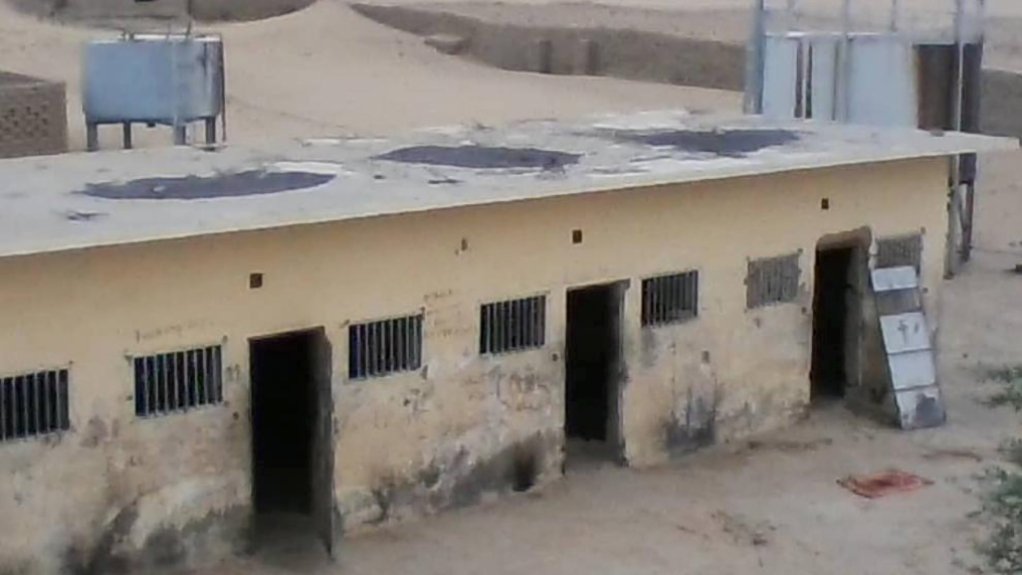- “Worse Than Hell” – Death and Torture at Chad’s Koro Toro Prison7.86 MB
On October 20, 2022, thousands of people took to the streets of N’Djamena, the capital of Chad, and several other towns in the country’s south, to protest an extension of the transitional government by two years. Since former President Idriss Déby Itno died in April 2021, the transitional government headed by his son, Gen. Mahamat Idriss Déby, has on several occasions violently suppressed protests demanding civilian democratic rule. The police, the army, and gendarmes have targeted opposition parties during protests, but the violence used against protestors on October 20, 2022, was more severe than what had been seen before.
Security forces fired live ammunition at protesters, killing and injuring scores, beat people, chased them into homes, and detained them. Relatives, witnesses, and former detainees said that those detained were held in police stations, and in at least one school in Abena, N’Djamena, for several days. In some cases, the protesters were severely beaten in detention by soldiers, police, or gendarmes. Hundreds of protesters, including at least one girl, were then taken to Koro Toro, a high security prison managed by the government and located about 600 kilometers from N’Djamena, in Central Chad. Koro Toro, which was designed to house “violent extremists,” is cut off from the outside world with no cell phone reception and hundreds of kilometers from major urban centers. Given its remote location, family members and lawyers said it is practically impossible to visit the prison.
This report, based on research conducted between November 2022 and July 2023 in N’Djamena, documents human rights violations associated with the transit of detained protesters to Koro Toro and at Koro Toro prison itself. On October 21 and 22, security forces crammed detainees to be transported to the prison into open air trucks at a military base – called Camp 27 – in N’Djamena. Most detainees had been previously held in police stations before being taken to Camp 27. Former detainees said it was very difficult to even turn around or stretch in the trucks, which security forces then escorted to Koro Toro. En route to the prison, most were denied food and water over two to three days, making some of the detainees delirious, with some having to drink their own urine and that of other detainees. Some detainees died, presumably from delirium and hunger.
Report by the Human Rights Watch
EMAIL THIS ARTICLE SAVE THIS ARTICLE ARTICLE ENQUIRY
To subscribe email subscriptions@creamermedia.co.za or click here
To advertise email advertising@creamermedia.co.za or click here











